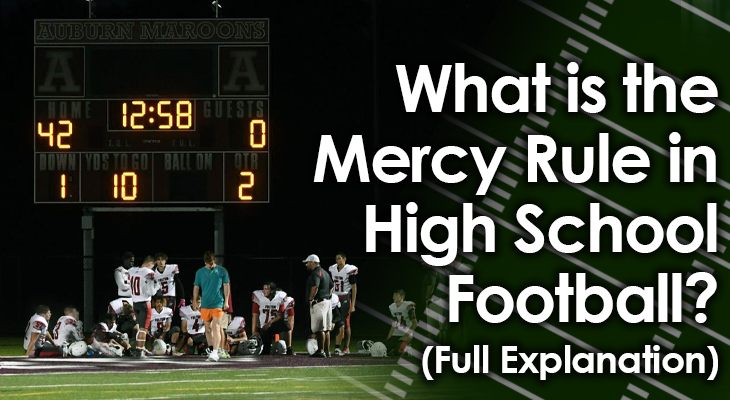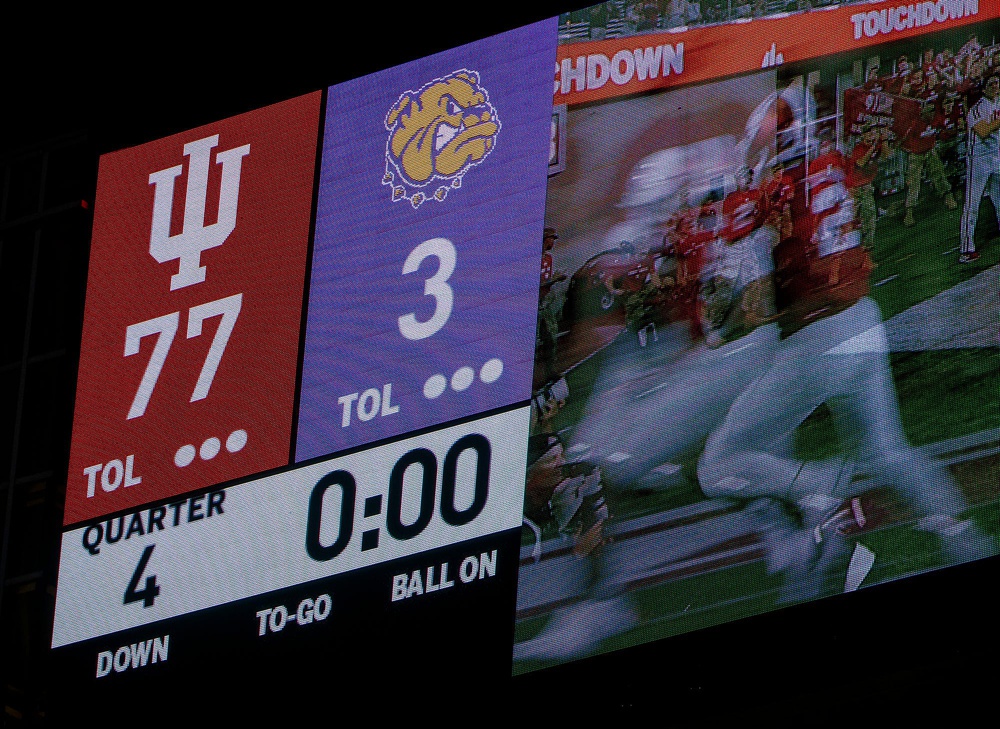Okay, so, I’ve been digging into this whole “mercy rule” thing in football, and let me tell you, it’s a bit of a rabbit hole. I mean, I always hear about it, but never really knew the specifics. You know how it is, you just hear terms thrown around and you nod along like you get it.
Well, I decided to finally figure it out. I started, as one does, by just Googling “is there a mercy rule in football.” It’s always good to just do a search and get a quick general understanding of the topic. I had a few hours to kill, so I thought, why not?

Turns out, it’s not as simple as a yes or no answer. It’s more like a “well, it depends” kind of situation. From what I gathered, it’s mostly a thing in high school football, not so much in the pros or even college. Makes sense, I guess. You don’t want to see kids getting absolutely crushed out there, right? It’s all about having a good time and making sure everyone’s safe.
The main idea is that if one team is way ahead, like, ridiculously ahead, they can either call it quits early or change how the clock works. There is a term for it, “35-Point Rule”. So I saw that the National Scholastic Athletics Association (NSAA) says if a team is up by 35 points in the first half, they start running the clock non-stop, except for a few situations. And if the point difference goes below 35, they stop the running clock. Sounds pretty clear, right?
Now, I wanted to make sure I wasn’t missing anything, so I poked around a bit more. I found that some folks call it the “slaughter rule” or the “running clock rule.” Fancy names for just ending the game when it is clear who the winner is going to be. Different sports have their own versions of it. For example, in Little League, if one team is up by 10 runs after four innings, they call it a day. And I even saw some stuff about this kind of rule in, like, criminal law, but that’s a whole other thing I didn’t even get into.
- Looked up: “mercy rule in football”
- Found out: Mostly in high school games
- What happens: Game ends early or the clock runs differently
- Why: To keep things fair and safe for the players
- Different names: “slaughter rule,” “running clock rule”
I thought about soccer too, since I watch a lot of it, but it seems there is no mercy rule there. At least, that is what I saw from searching the web. I even saw some discussion about maybe having a mercy rule in soccer where they add or remove players if the score difference gets to be 3 goals, but that didn’t seem official or anything.
What I figured out at the end of the day
So, yeah, that’s basically what I learned. It’s all about keeping the game fun and making sure everyone’s okay, especially in high school games. This mercy rule, from what I can tell, is more about sportsmanship than anything else. It’s pretty interesting how these rules work, and how they’re different across different sports.

Anyway, that’s my little adventure into the world of football mercy rules. Not exactly rocket science, but hey, you learn something new every day, right?

























